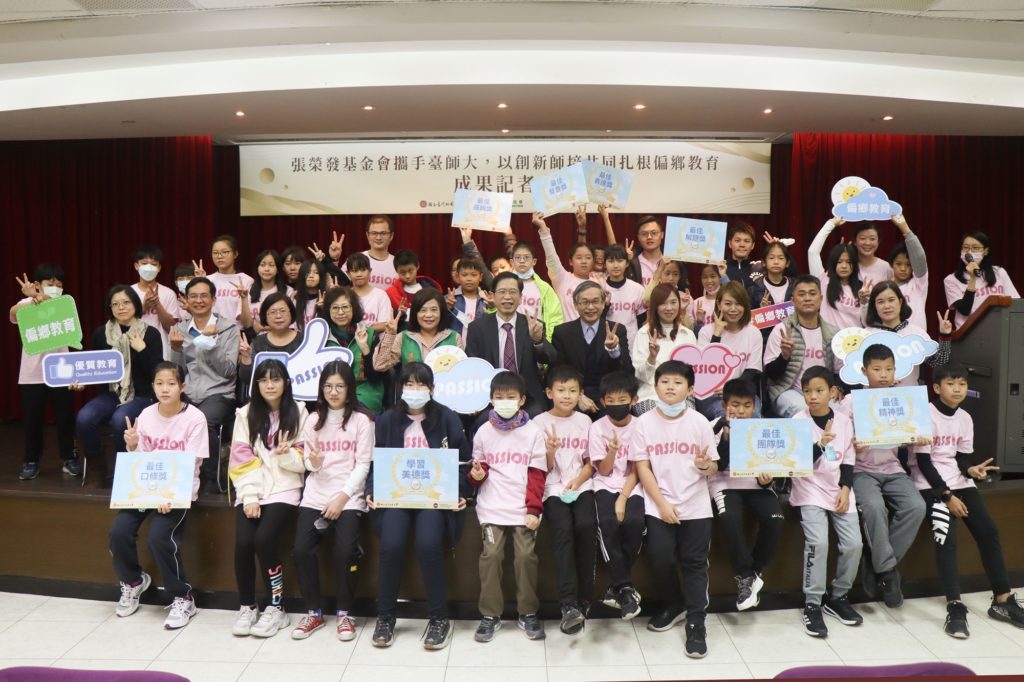A Taipei university is working with rural schools to deliver lively, innovative education in English and math. In 2021, National Taiwan Normal University offered teaching materials and teacher training to four under-resourced elementary schools in Yunlin County. Let’s drop in on a class.
Students learn English through interactive games, picture cards, and storytelling. This is a program called Passion Quality Education in Rural Schools. It was launched by National Taiwan Normal University. Since 2018, the program has supported rural schools in Taiwan by providing English and math teaching materials.

Huang Yu-jui, one of student, said “I learned a lot of English, including the words for weather, country, clothes, shoes, and cars. We use games and quizzes to learn English. Because this game helps me to remember better. In the past, we had to just memorize the words.”
Another student Shen Po-lin said “I learned a lot in these two classes. For example, I now understand these two problems I didn’t understand before.”
In 2021, the program has partnered with Chang Yung-fa Foundation to develop innovative teaching materials and provide English and math classes for four elementary schools in Yunlin.
Demie Chung, Chang Yung-fa Foundation executive director, said “The Chang Yung-fa Foundation has always been working on improving rural education, but the way we used to do was to target individual schools and sponsor them. But now we hope to find a professional team that is efficient and helpful to children, and support rural education that way. I personally visited the schools and saw that through the program, the students’ interest in learning has increased, and many of them have changed from passive to active.”
Because teachers in rural areas have fewer resources, NTNU has also developed teaching modules. In addition, it also conducts training for aspiring teachers.
Sung Yao-ting, NTNU vice principal, said “A very important point is to export a very complete teaching package including teaching materials, teaching methods, evaluation, and teacher training to Yunlin’s schools. We implement it all through high technology. First off, there are evaluations. We have a tech-based diagnostic system that lets students quickly know what their weaknesses are, and then immediately improve on them. Taking English as an example, the diagnosis is on vocabulary, grammar, reading comprehension, and listening, so students receive a very detailed breakdown. These materials, from the assessment tools and teaching materials to support for teacher training, are the result of nearly 10 years of effort at NTNU.”
NTNU College of Education dean Chen Hsueh-chih said “We have a group of teachers from various fields who come together to develop teaching materials and resources. At rural schools, when it comes to infrastructure, the local government and the private sector invest a lot in hardware, but there is lack of long-term and stable support for teachers in rural areas because the turnover rate of these teachers is very high.”
Since 2018, Passion Quality Education in Rural Schools program has partnered with rural schools in Hualien, Taitung, Taoyuan, New Taipei, and Yunlin. It hopes to continue to support rural education, by working with schools in Nantou and Pingtung in the future.

